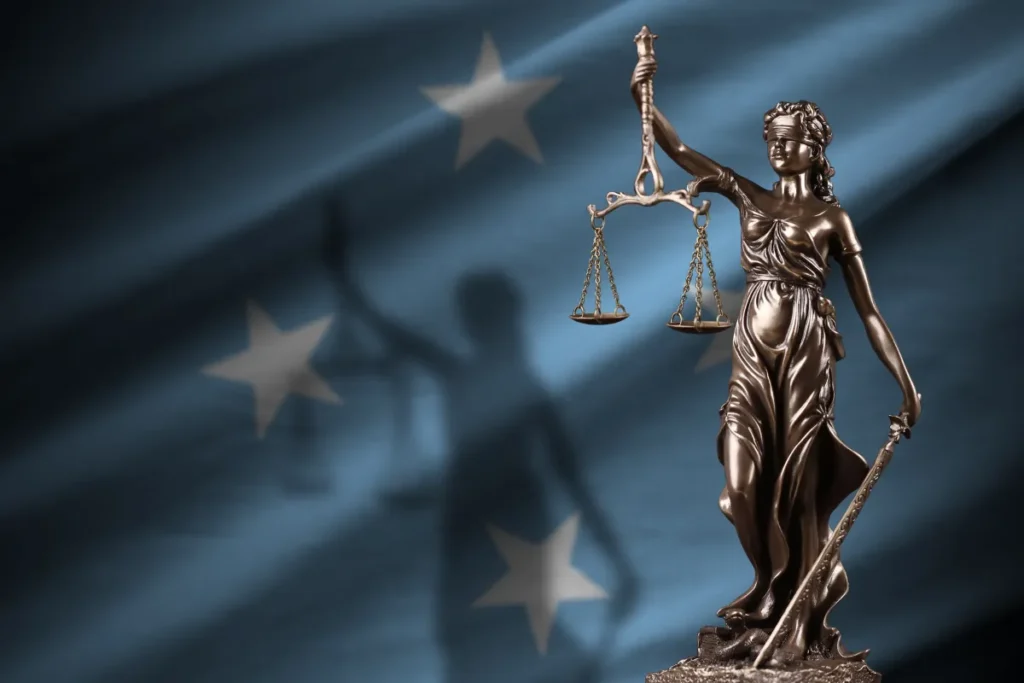A recent decision by a federal judge has brought closure to a contentious legal battle surrounding the expulsion of a student from the University of Colorado Denver (CU Denver).
The ruling, which found no evidence of bias in the university’s decision to expel the student, marks a significant development in the case and underscores the importance of impartiality in higher education disciplinary proceedings.
The student in question had filed a lawsuit against CU Denver, alleging that their expulsion from the university was motivated by bias and discrimination.
According to the student, they had been unfairly targeted by university administrators due to their race and ethnicity.
The lawsuit sparked a heated debate about the handling of disciplinary matters on college campuses and raised questions about the role of bias in academic decision-making.
However, after carefully reviewing the evidence presented in the case, the federal judge ruled in favor of CU Denver, finding no merit to the student’s claims of bias.
In his decision, the judge emphasized the university’s adherence to established disciplinary procedures and its commitment to providing a fair and impartial review of the student’s conduct.

The ruling has been met with mixed reactions from both supporters and critics of the university.
Some have praised the judge’s decision as a validation of CU Denver’s commitment to upholding the principles of fairness and equity in its disciplinary processes.
Others, however, have expressed disappointment with the outcome, arguing that the ruling fails to address systemic issues of bias and discrimination within higher education institutions.
Despite the diverging opinions surrounding the case, one thing is clear: the ruling serves as a reminder of the complexities involved in adjudicating disciplinary matters in academic settings.
While universities have a responsibility to maintain order and ensure the safety of their campus communities, they must also uphold the rights of students and provide them with due process in disciplinary proceedings.
Moving forward, the case is likely to prompt further discussions about the role of bias in higher education, as well as the need for universities to implement robust mechanisms for addressing allegations of discrimination.
As colleges and universities strive to create inclusive and equitable learning environments, it is essential that they remain vigilant in safeguarding the rights of all members of their communities and upholding the principles of fairness and justice.
